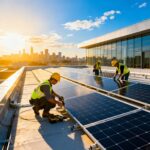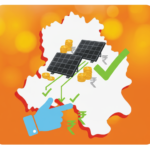Importance of Safety in Solar Installations
Installing rooftop solar in Delhi involves working at height, handling live electrical circuits, structural anchoring, and using heavy equipment. Without proper controls, these pose risks such as falls, electrical hazards, structural damage, or fire.
Safety isn’t optional—it’s fundamental to system longevity and legal compliance.
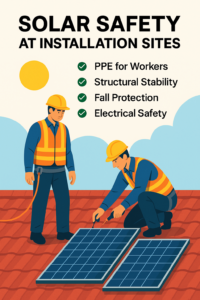 Solar Safety Checklist: What Exolar Implements
Solar Safety Checklist: What Exolar Implements
Exolar follows a strict 12-point safety protocol at every site:
- Job Safety Analysis (JSA) – Pre-work survey to identify hazards and mitigate risks
- Certified PPE for All Technicians
- Helmets, gloves, non-slip boots, safety harnesses, and high-vis gear
- Full-body harnesses with anchor points on roof edges
- Structural Stability Check & Certification
- Roof load test and structural certificate by a NABCB-accredited agency
- Secure Access Systems
- Sturdy ladders or scaffolding with side rails and anchor bolts
- Fall Protection Systems
- Lifelines, guardrails, and emergency rescue protocols
- Electrical Safety & Lockout/Tagout
- Disconnect switches and MC4 safety connectors
- Use insulated tools and metering before work begins
- Quality Materials & Certified Components
- BIS- or IEC-certified panels, inverters, surge protection devices, and cables
- Anchoring & Waterproof Sealing
- Chemical grouting for roof screws and sealing around penetrations
- Weather Assessments Before Work
- Avoid installation during rain or high-wind conditions, especially before Delhi’s stifling monsoon season
- Fire Safety & Emergency Response
- First-aid kits, fire extinguishers, and shutdown procedures outlined onsite
- Ongoing Safety Training & Refresher Courses
- All technicians are continuously trained in solar safety protocols, electrical hazards, and emergency response
- Site Cleanup & Final Inspection
- Debris removal, final structural check, and performance demonstration
Key Hazards & Exolar’s Mitigations
| Hazard | Exolar’s Preventive Measures |
| Fall Risk | Robust harnessing and secure scaffolding |
| Electrical Shock or Fire | Lockout/tagout systems, SPD devices, MC4 connectors |
| Structural Collapse | Load-certified mounting structure, IIT-tested components for storm resistance |
| Roof Leakage | Chemical waterproof anchors and post-install sealing |
| Material Damage | Two-person lifts and proper on-site handling |
Why Engineering Quality Matters in Delhi’s Climate
Recent storms in cities like Indore exposed numerous weakly installed solar systems that couldn’t withstand high winds—panels were blown off, causing damage and safety hazards.
At Exolar, we use engineered mounting structures certified to resist Delhi’s high wind speeds and installation quality standards.
Electrical Safety: A Deeper Look
Modern solar systems in Delhi operate at up to 600–1,000 volts DC, making insulation, earthing, and secure connections vital. Loose wiring or poor earthing can lead to arc faults or shock hazards.
All Exolar projects include:
- Insulation testing with calibration meters
- DC surge protection devices to guard against lightning or grid surges
- Proper earthing with copper strips and protective equipment
Exolar’s Commitment to Safe Solar
- All systems are insured under contractor all-risk policies
- Technicians are covered with accident and liability insurance
- Equipment meets MNRE, BIS, and local DISCOM safety norms
Clients also receive a Solar Safety Manual post-installation covering usage, maintenance, and emergency protocols.
Final Thoughts
Solar installations should be safe not just in function—but from day one. At Exolar, safety is ingrained in every stage: planning, installation, and post-support.


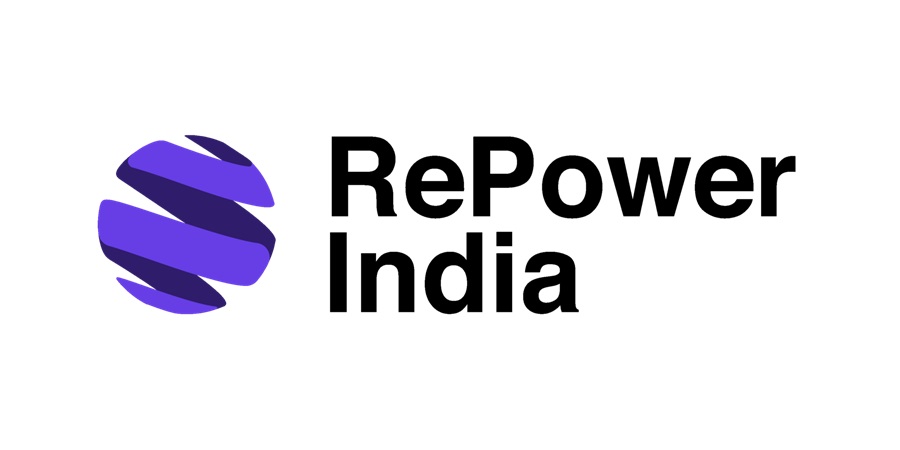



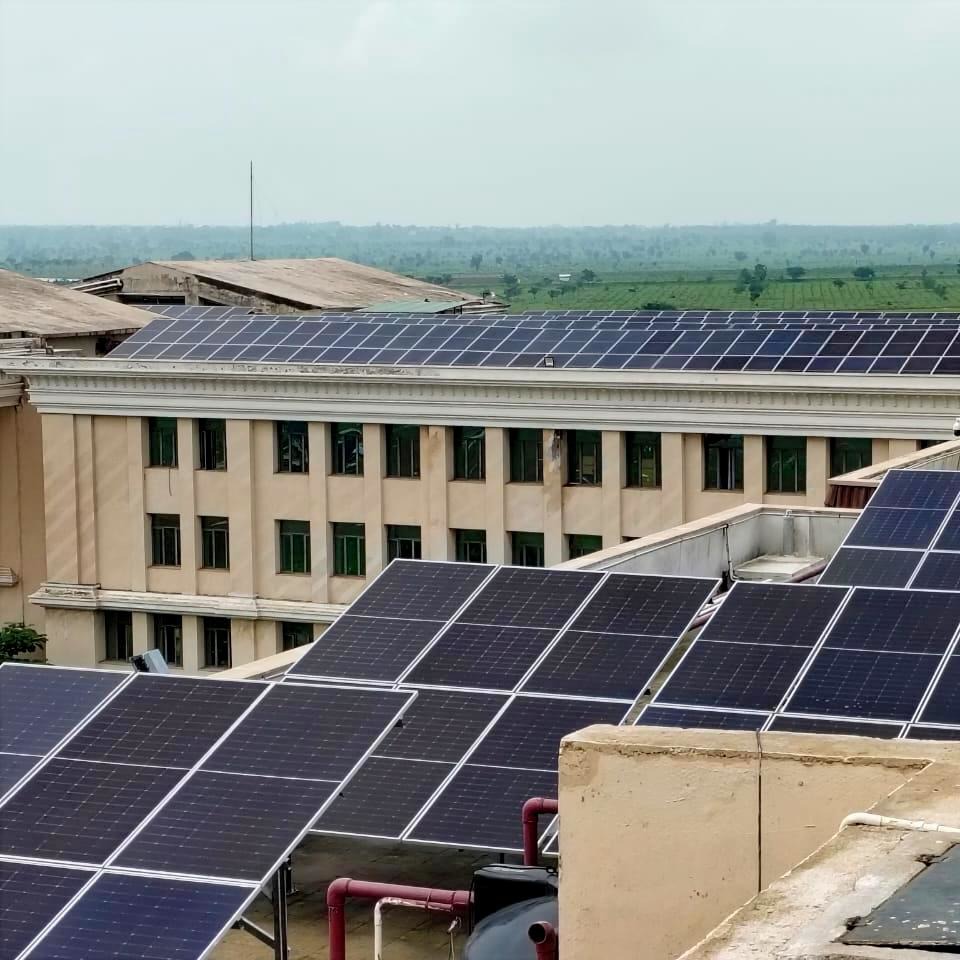
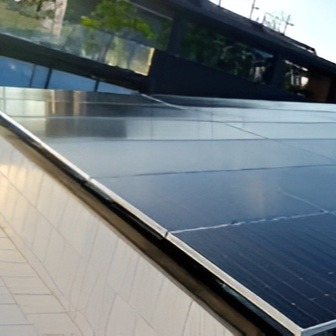
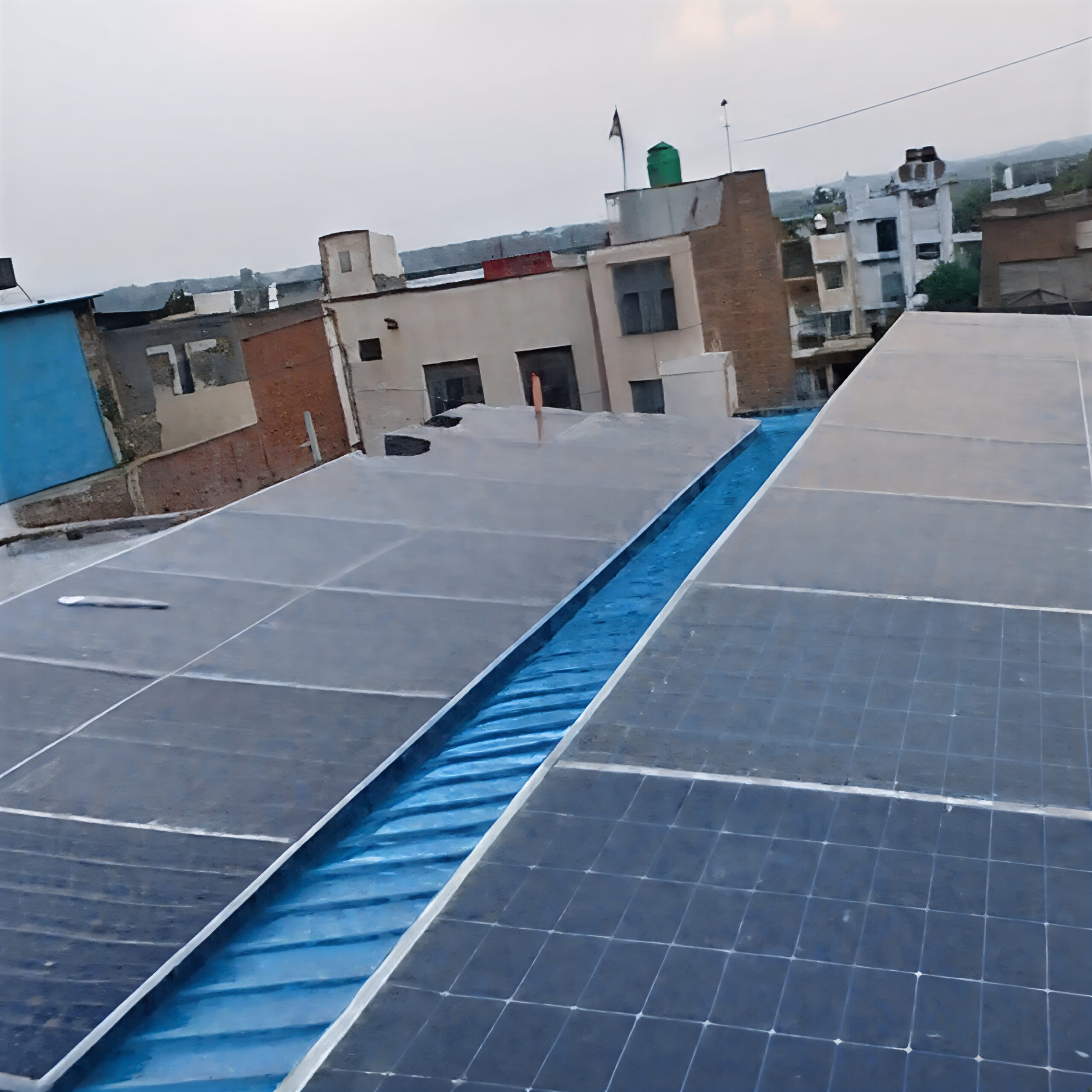
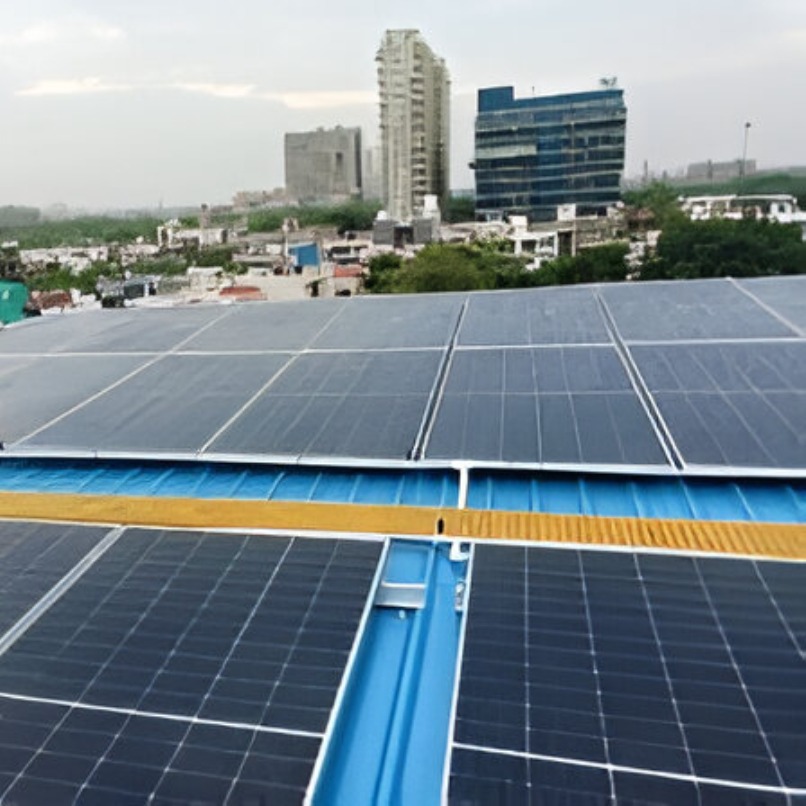

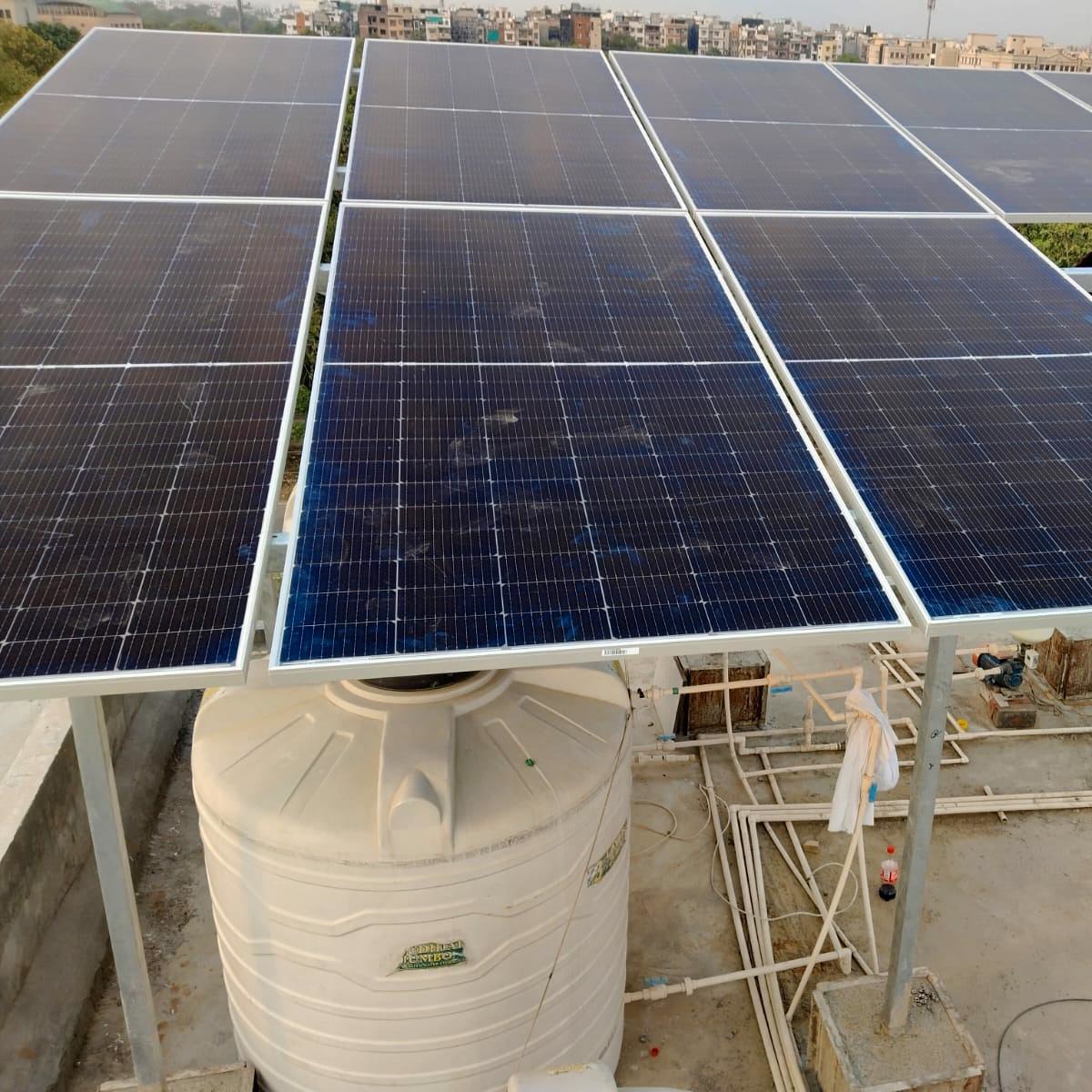
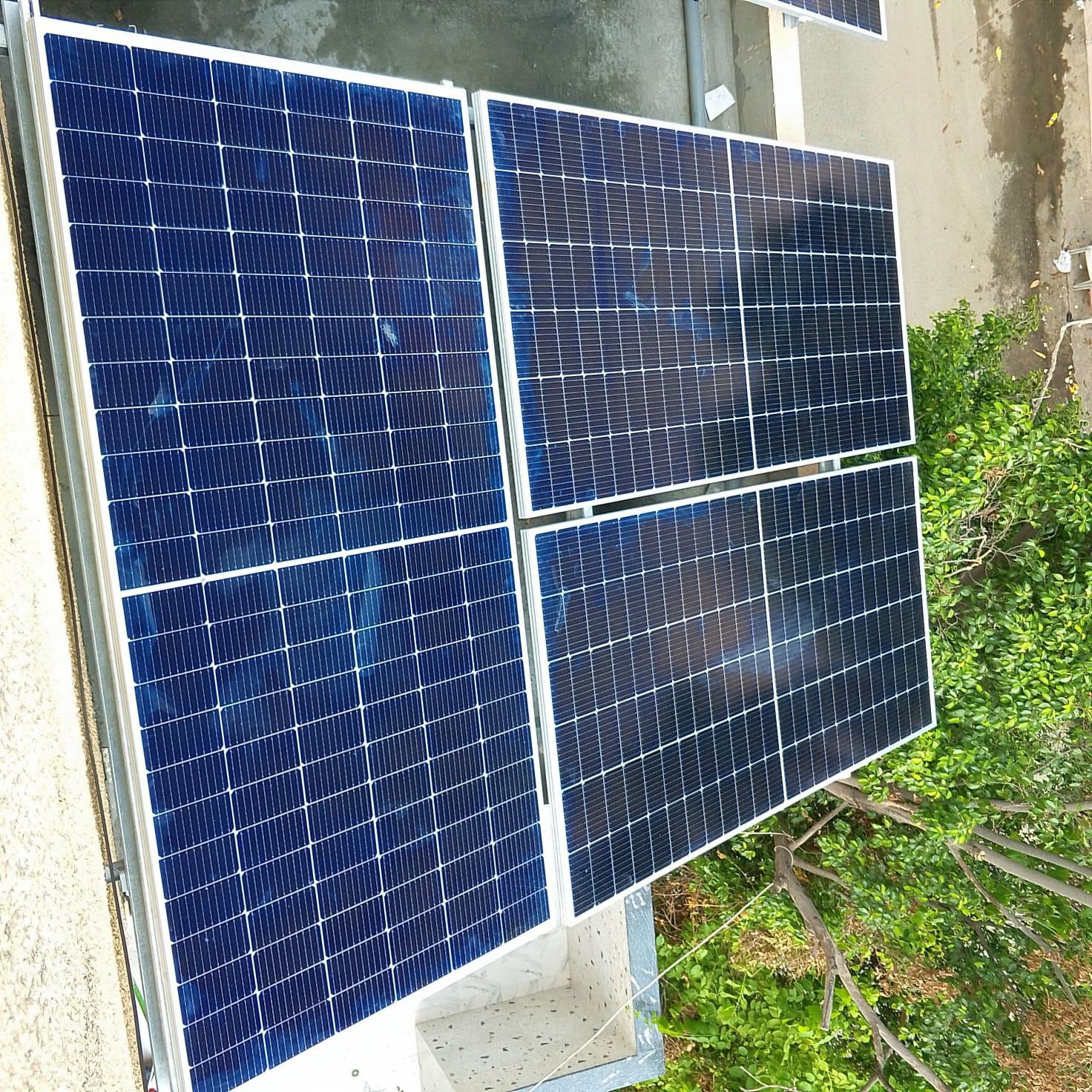
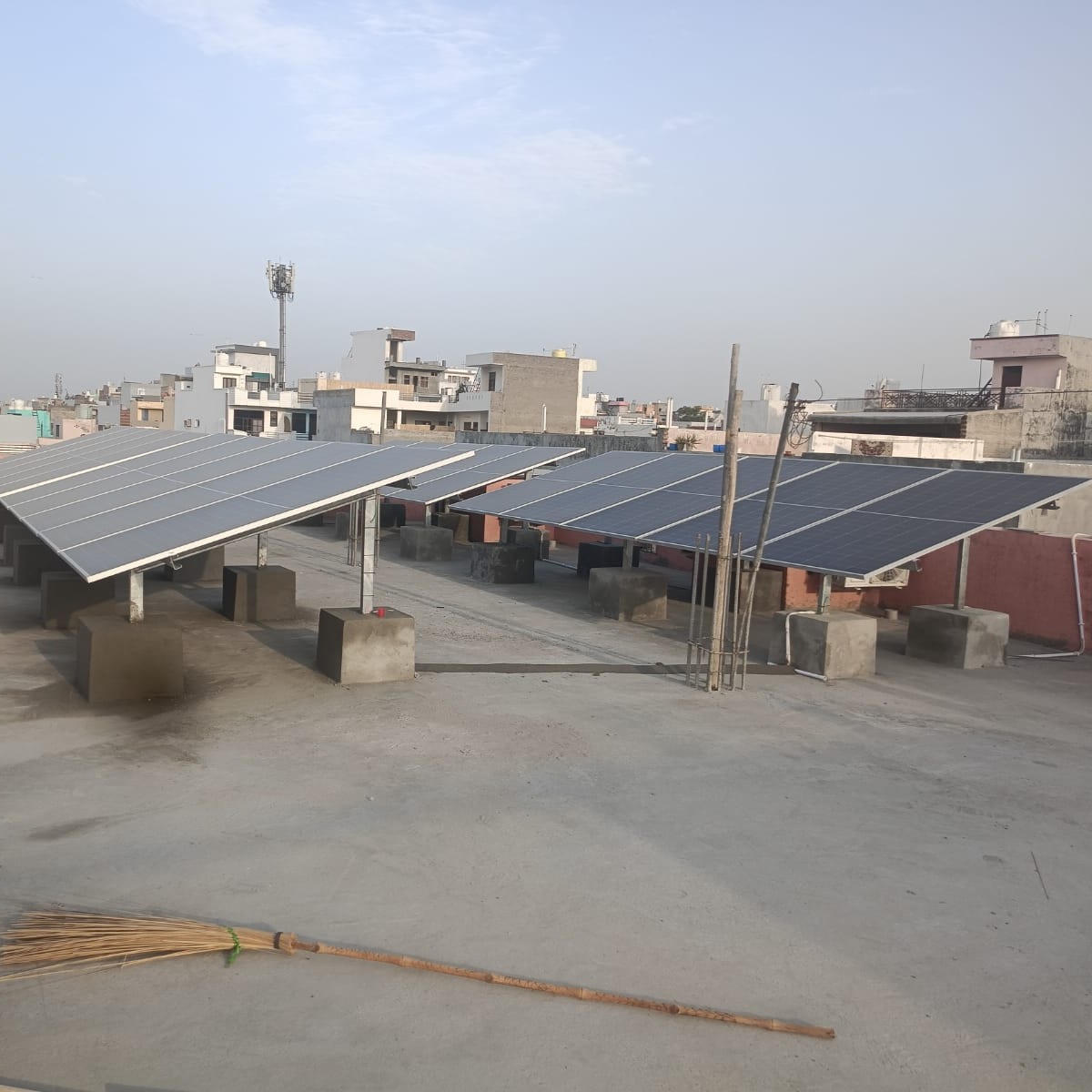
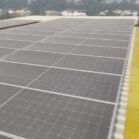
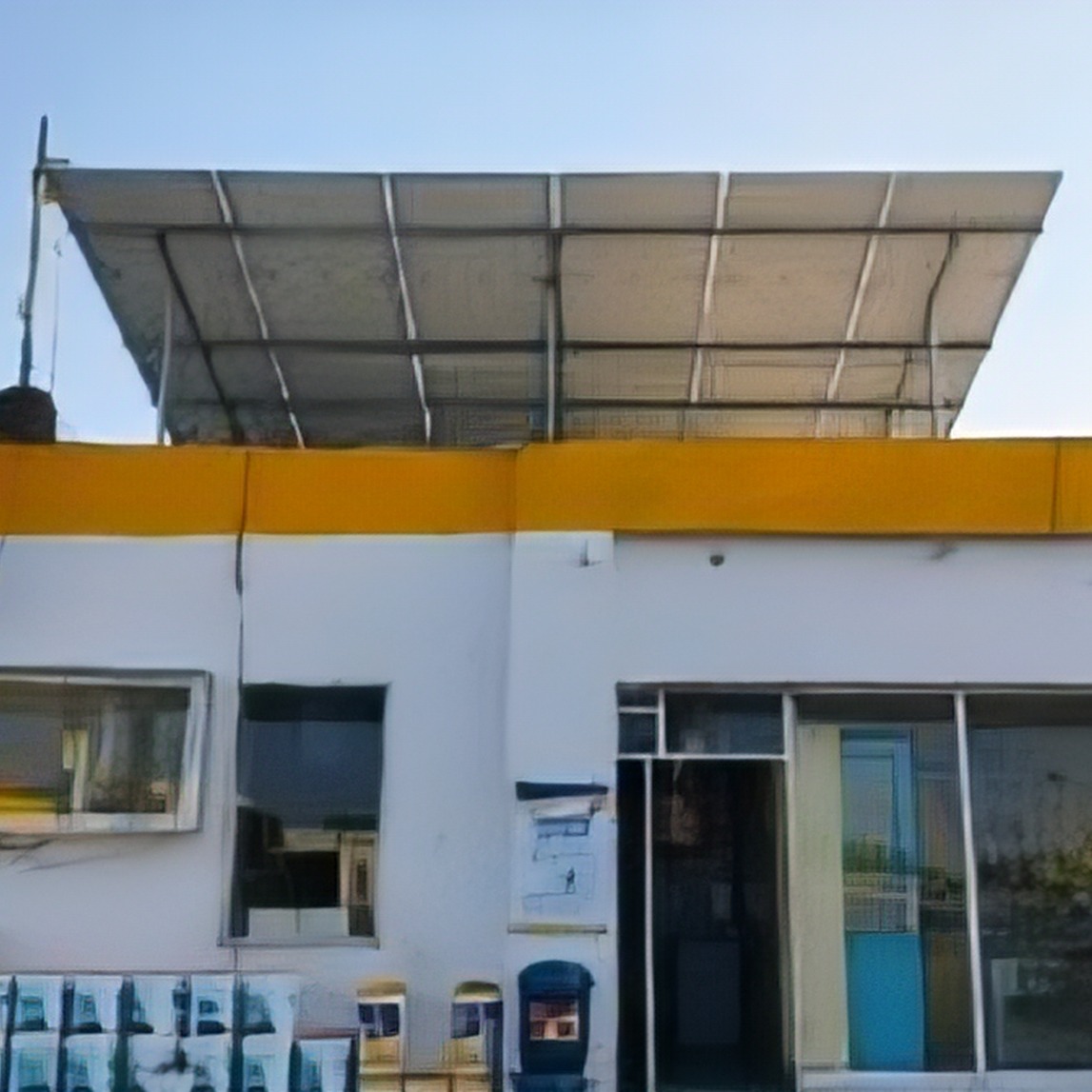

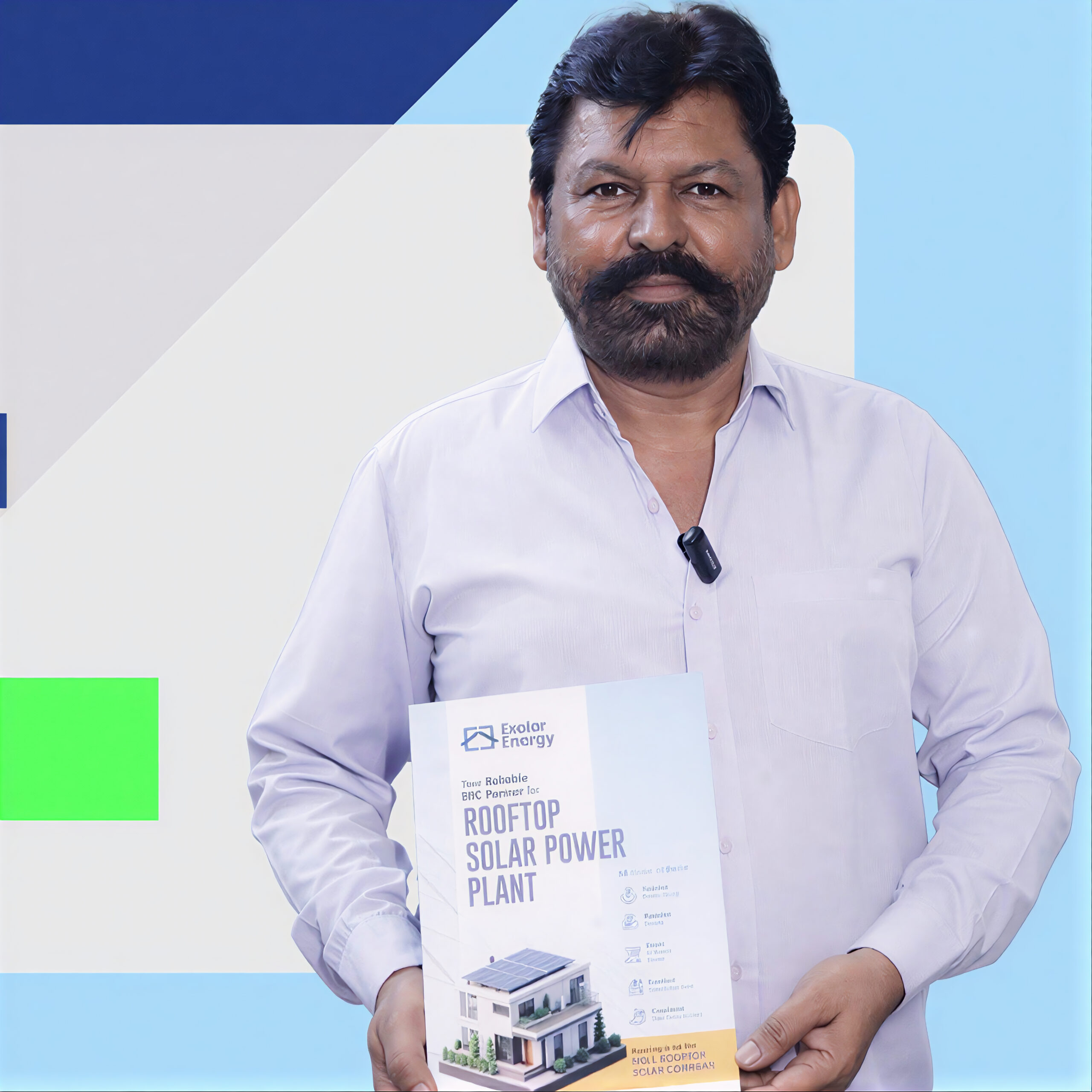
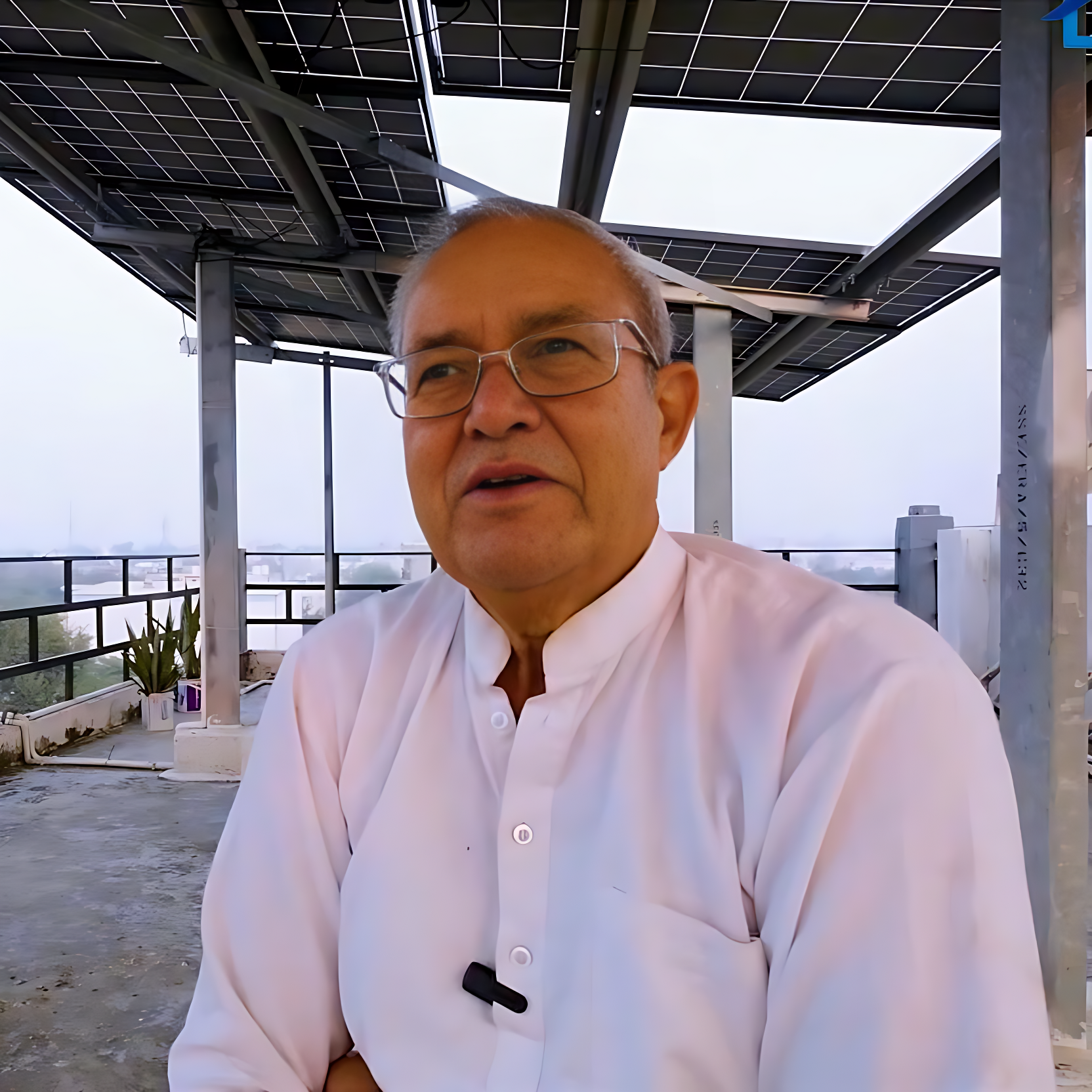


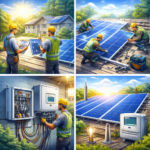





![Checklist for choosing best solar company in Delhi India | Installation EPC [Guide]](https://exolarenergy.com/wp-content/uploads/2025/12/Checklist-for-choosing-the-best-solar-company-in-Delhi-India-150x150-1.png)


